The Vital Role of Sustainable Business Practices in New Zealand’s Engineering and Construction Industry

Introduction
The global shift towards sustainable business practises has impacted many sectors, with engineering and construction leading the charge. In New Zealand, adopting sustainable practices is crucial as the nation aims to reduce its carbon footprint, improve resource efficiency, and protect its environment. Notably, companies like Brightwater Engineering, a leader in mechanical engineering in New Zealand, are setting an example. Their recent solar power installation at their Nelson workshop underscores the commitment needed in the engineering and construction industries.
This article explores the importance of sustainable practices in New Zealand’s engineering and construction sectors. We will discuss the benefits, challenges, and actions companies can take to lead in this movement. By focusing on New Zealand’s unique market and environment, we demonstrate how businesses can thrive while contributing to a sustainable future.
The Imperative for Sustainable Practices in Construction and Engineering
Environmental Impact
Engineering and construction have a significant environmental impact. These sectors consume vast resources, use large amounts of energy, and generate considerable waste. Traditional construction methods often lead to the depletion of natural resources, the emission of greenhouse gases, and substantial waste generation. Therefore, in New Zealand, where the environment is central to the nation’s identity, sustainable practices are essential.
The construction industry in New Zealand contributes significantly to greenhouse gas emissions. This is primarily due to energy-intensive material manufacturing, transportation, and construction activities. Given New Zealand’s ambitious commitment to achieving net-zero emissions by 2050, the construction and engineering sectors must lead the way.
Economic Considerations
In addition to environmental benefits, sustainable practices make strong economic sense. Companies that adopt sustainable methods often experience long-term cost savings. For instance, energy-efficient designs can lower operating costs, while waste reduction initiatives can minimize disposal expenses and improve material efficiency. Moreover, sustainable businesses are increasingly favored by investors, customers, and clients, who are becoming more environmentally conscious.
In New Zealand, the economy relies heavily on industries like agriculture, tourism, and manufacturing. Thus, sustainable construction and engineering practices can enhance New Zealand’s global reputation as a leader in green innovation. Consequently, this can attract international investment and create new economic opportunities.
Social Responsibility
In New Zealand, the concept of “kaitiakitanga” (guardianship of the environment) is deeply ingrained in the culture. Thus, businesses have a moral duty to protect and enhance the environment. This aligns with global corporate social responsibility trends, where businesses are expected to contribute positively to society and the environment.
Brightwater Engineering: A Case Study in Sustainable Practice
Brightwater Engineering exemplifies how an engineering company can integrate sustainable practices. As a mechanical engineering business, Brightwater supports the construction industry with products like structural steel, bridges, pipes, conveyors and many other steel industrial products. Due to their significant role in the industry, they are well-positioned to influence its sustainability efforts.
Their recent solar power installation at their Nelson workshop highlights their commitment to reducing their carbon footprint and promoting renewable energy. Not only does this move align with New Zealand’s sustainability goals, but it also positions Brightwater Engineering as a leader in greener practices.
Solar Power: A Strategic Move
The decision to install solar power at their workshop is particularly noteworthy. Solar energy is abundant and one of the cleanest renewable energy sources available. By harnessing solar power, Brightwater Engineering reduces its reliance on fossil fuels, lowers greenhouse gas emissions, and cuts energy costs. This move demonstrates how businesses can benefit from renewable energy while contributing to a low-carbon economy.
As consumers and clients become more environmentally conscious, they increasingly seek businesses that share their values. By showcasing their commitment to sustainability, Brightwater Engineering can align with this global movement.
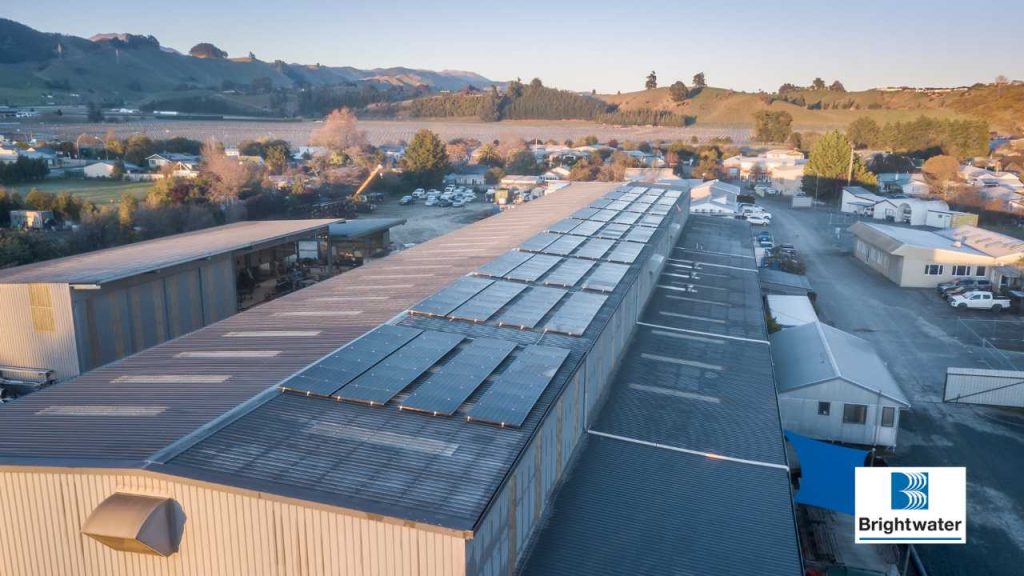
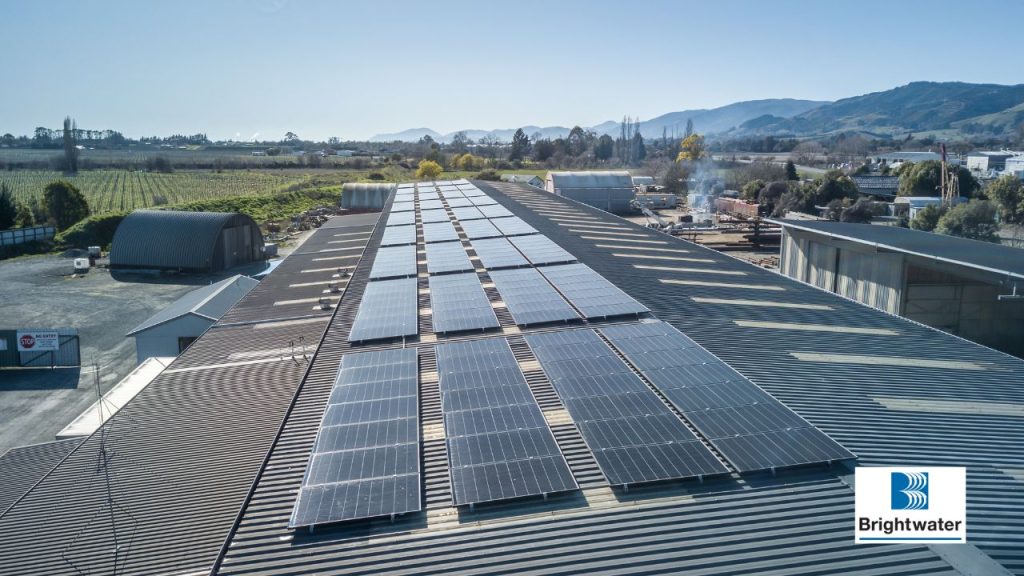
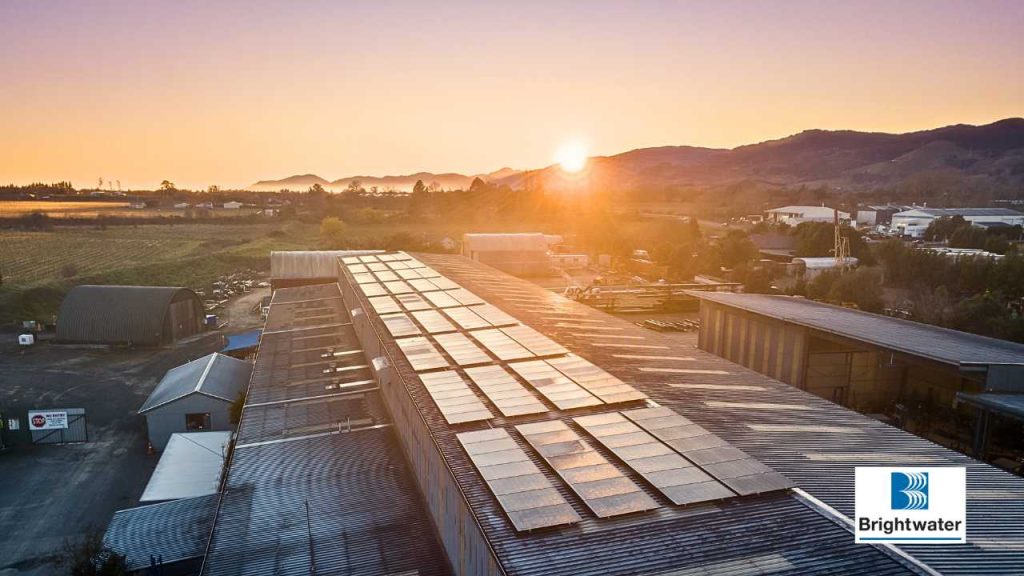
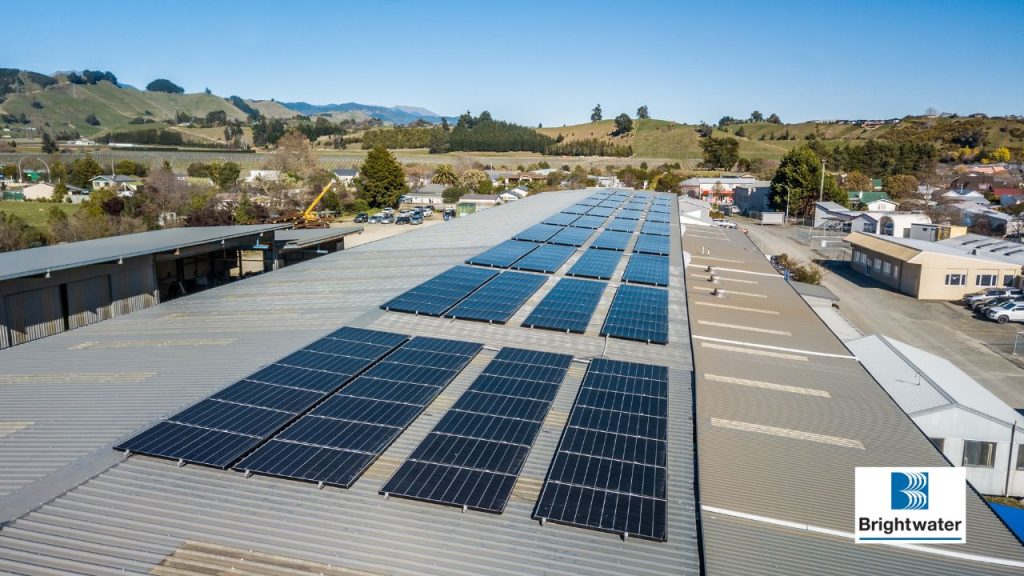
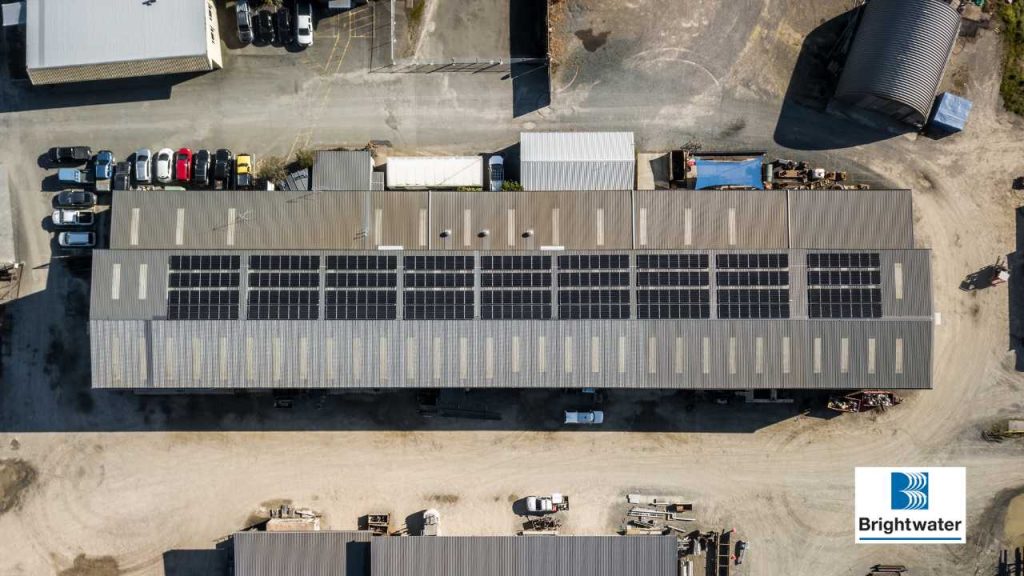
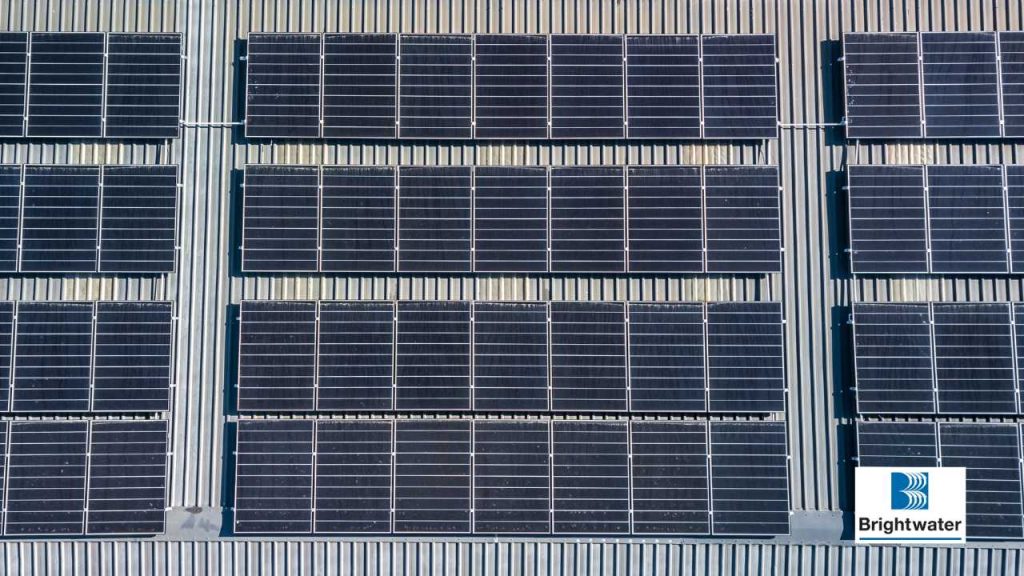
Contribution to Sustainable Industries
Beyond internal operations, Brightwater’s products and services contribute to the sustainability of the industry. By providing high-quality steel, and other components, they enable the construction of durable, energy-efficient, and environmentally friendly infrastructure. For example, steel offers several sustainability benefits, including recyclability, longevity, and strength. These qualities contribute to the overall efficiency and sustainability of the built environment.
Challenges and Opportunities in Sustainable Business Practices
While the benefits of sustainable practices are clear, the New Zealand engineering and construction industries face challenges in implementing these practices on a broader scale. However, these challenges also present opportunities for innovation and leadership.
Resource Scarcity and Material Efficiency
As the demand for materials grows, the industry must find ways to use resources more efficiently. This includes reducing waste and exploring alternative materials that are renewable or have a lower environmental impact. Companies like Brightwater Engineering, with their expertise in engineering and material handling, are well-positioned to lead the way.
Energy Efficiency and Emission Reduction
Energy efficiency is another critical focus area for sustainable engineering and construction. The energy used in constructing and operating buildings accounts for a significant portion of global energy consumption and emissions. To address this, the industry must adopt energy-efficient technologies and practices, such as renewable energy systems.
New Zealand is already transitioning to a low-carbon energy system. The country leverages its highly renewable electricity to electrify transport, heat, and industrial processes. Consequently, this presents an opportunity for the engineering and construction industries to integrate renewable energy solutions into building designs, as demonstrated by Brightwater’s solar-powered workshop.
Regulatory and Market Pressures
Industries are also subject to increasing regulatory and market pressures to adopt sustainable practices. In New Zealand, the government has set ambitious targets for reducing emissions and improving energy efficiency. Thus, the engineering and construction industries must adapt quickly.
However, these pressures can drive innovation and create new business opportunities. Companies that proactively adopt sustainable practices and exceed regulatory requirements can gain a competitive advantage. They can position themselves as leaders in the industry and attract customers who prioritise sustainability.
Conclusion
Sustainable business practices are no longer optional for New Zealand’s engineering and construction industries; they are essential. As the country works towards achieving its climate goals and preserving its natural environment, the construction industry must lead the way in adopting sustainable practices. Companies like Brightwater Engineering are already demonstrating what is possible by integrating renewable energy, sustainable materials, and innovative technologies into their operations.
By embracing sustainable business practices, the engineering and construction industries can not only reduce its environmental impact but also unlock new economic opportunities and fulfil its social responsibilities. The path to a sustainable future is filled with challenges, but it is also brimming with opportunities for those willing to innovate, adapt, and lead. As New Zealand continues its journey towards a greener, more sustainable economy, the engineering and construction industries will play a vital role in shaping that future.



